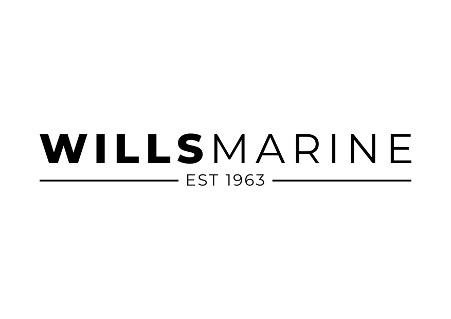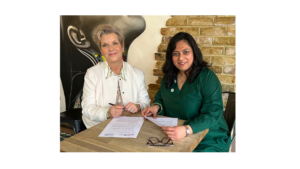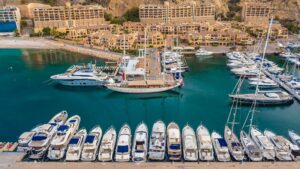Blue’s fighting for the oceans, and for women in STEM
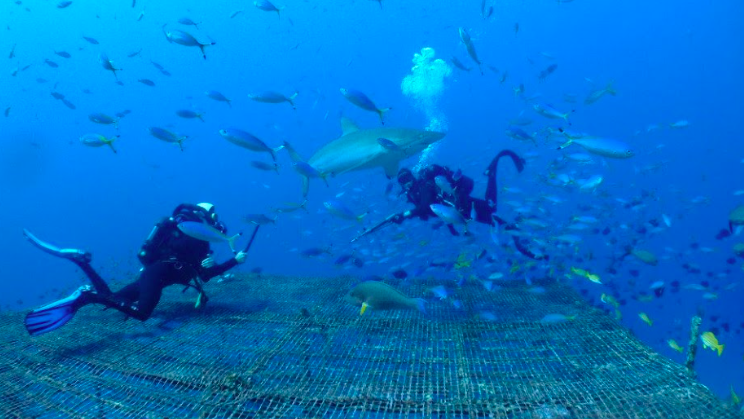
In what has historically been a male-dominated industry, women are pushing boundaries and changing the face of science for future generations, says Blue Marine Foundation (Blue) on International Women’s Day. Through this NGO, women in science are collaborating to protect the ocean and its vital role in fighting climate change.
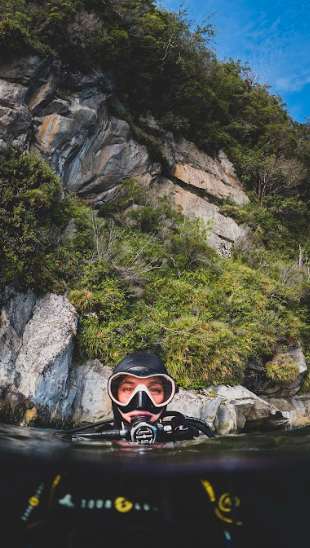
One of these women, Sophie Locke (left), senior research and projects manager at Blue leads the science, impact and innovation team. She says she knows she’s standing “on the shoulders of phenomenal scientists, conservationists and activists, many of whom are women, and it’s inspiring.
“People assume if you are working for an organisation like Blue you need a marine biology degree and that’s not the case. I’ve had the pleasure of learning from the most phenomenal women – about economics, finance, governance, policy and the media.
“There are hundreds of like minded, supportive professionals of all genders cheering each other on within this industry.”
But while that may be the case, sexism is still real for her, and other women in the marine sector. Locke has a strategy to deal with those.
“There may be comments along the way such as that you don’t ‘look’ like you belong in a certain field or degree, or that you’re not capable of ‘making it’ (all real comments I have received) but it’s vital to not give these external thoughts more air time they deserve.”
Sophie Locke
Bringing AI into marine conservation
Locke’s busy quantifying Blue’s conservation impact, and supporting international projects in regions such as the Mediterranean and South America. The organisation has used technology within its projects for many years, such as deploying underwater cameras to assess marine biodiversity, or mapping habitats around project areas. “Now, we’re also really interested in the use of AI tools, drones, sophisticated monitoring buoys and other technology that can help us monitor protected areas, track migratory species or gather hard to hard-to-reach data,” she says.
“We want to see how Blue Marine can integrate the use of technology more, helping us and our partners to deliver better conservation on the ground. It’s not just buying a drone, it’s thinking about all the steps on how to implement this – training, data analysis, working with students – looking at the long-term role and how it can be a long-term investment for communities and project partners.”
Mapping seabed carbon stores
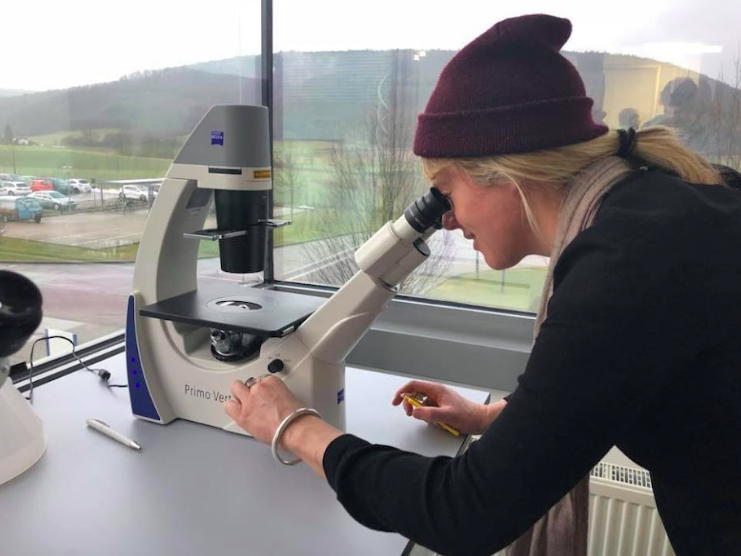
Locke works with Gabriella Gilkes (left) a marine scientist who manages the Convex Seascape Survey. That’s an ambitious, five-year global research programme to provide critical data and insight on what the world needs to fully incorporate the ocean into efforts to slow climate change.
The survey will undertake sixteen major expeditions across the world, employing satellites, drones, ship-based sampling, submarines, remotely operated underwater vehicles, scuba, and high-powered computers. It’ll then provide timely, accurate, open-access data on the world’s shelf seabed carbon stores, giving them long-overdue international attention and prominence. Many of the scientists working on the survey are young women, says Gilkes. “It’s fantastic to see more women coming into science and marine biology, helping redress the gender imbalance the industry has experienced for so long.”
Gilkes says she’s experienced incredibly tight teams and collaborative environments in both the marine sector and the boardroom. “Things go wrong when people take themselves too seriously,” she says. “Things will go right when we accept that our different qualities and strengths have huge value and complement each other.” This comes from a space where she’s experienced ‘some negativity’.
“From being called ‘a whinging Sheila’ made to get up the rigging (mid 90s, Northern Territories) onboard a schooner (I had severe seasickness at that point) to being blanked (backs turned, your comments repeated back to you by someone else) in a boardroom. I’m fascinated by the different forms it [misogyny] takes.”
Belinda Joslin, boatbuilder, rightly pointed out last week: “Creating a diverse, equitable and inclusive work environment is an everyday challenge and conversation, not a yearly post.” On previous International Women’s Days, MIN has featured sisters saving lives with the RNLI, and has advocated challenging everyday sexism from race organisations. It continually speaks to, and about, the challenges of building and supporting an equitable workforce. As Melanie Symes says in a fascinating guest article about gender equality in the marina workforce, with the right encouragement and provision of opportunities, the industry has much to offer women. Well, when it gets to equitable renumeration as standard that is.


